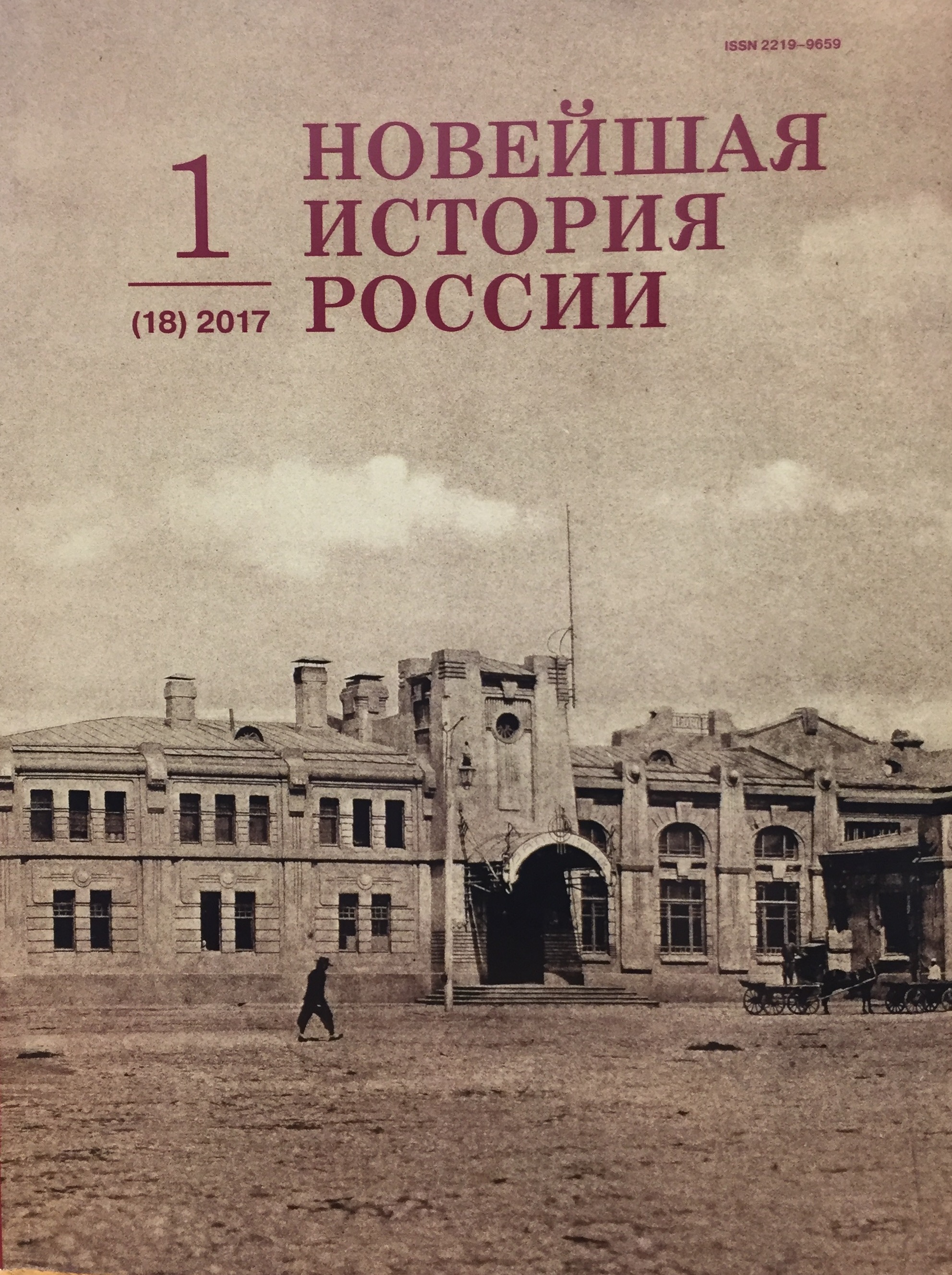Призывы беспартийных в РКП(б) — ВКП(б) во время Гражданской войны и новой экономической политики: феномен инспирированной мобильности
Non-Party Citizens Joining to the Russian Communist Party during the Civil War and NEP: Phenomenon of the Inspired Mobility
Author(s): V. I. Shishkin, T. I. MorozovaSubject(s): History, Oral history, Political history, Social history, Recent History (1900 till today)
Published by: Издательство Исторического факультета СПбГУ
Keywords: Communist party; “Party’s Weeks”; Lenin’s call; October call; social mobility; inspired mobility
Summary/Abstract: The article describes the mass Party-call campaigns of non-party citizens within the Russian Communist Party (bolsheviks) — All-Union Communist Party (bolsheviks), implemented in RSFSR and after in USSR. For the first time this method of replenishing of the Communist Party has been introduced in the end 1919 and was named a “Party’s Week”. Later, the most famous and large-scale versions became “Lenin’s call” in 1924, and the “October call” in the end of 1927 — beginning of 1928. Similarities in the main goals — increase of the number of Party members and, at the same time, change of its social composition — let us consider these campaigns as the same phenomena that had continuity and internal unity. In the article, for the first time in the Russian historiography “Party’s Weeks”, “Lenin’s call” and the October call for joining the Party are considered through the prism of social mobility, intentionally inspired by the central government. The article analyzes circumstances and reasons that stated necssity and possibility for using mass Party calls, and the objectives of these campaigns, mechanisms and tools, and the results of these campaigns. The article states that from October 1919 to January 1928 about half a million of citizens joined the Communist Party. A hypothesis is made that the mobility inspired by the government was a type of social engineering. Such mobility was unstable because it focused strictly on the social rank and file who had a low level of general and political literacy and culture, and wasn’t characterized by constructive social activity. As a result, thousands of citizens, who joined the Party, didn’t manage to stay in it, exited or were excluded. The latter circumstance significantly reduced the efficiency of mass Party-call campaigns and prompted the leadership of the All-Union Communist Party (bolsheviks) to abandon this method of replenishing the communist ranks.
Journal: Новейшая история России
- Issue Year: 7/2017
- Issue No: 18
- Page Range: 31-50
- Page Count: 20
- Language: Russian

